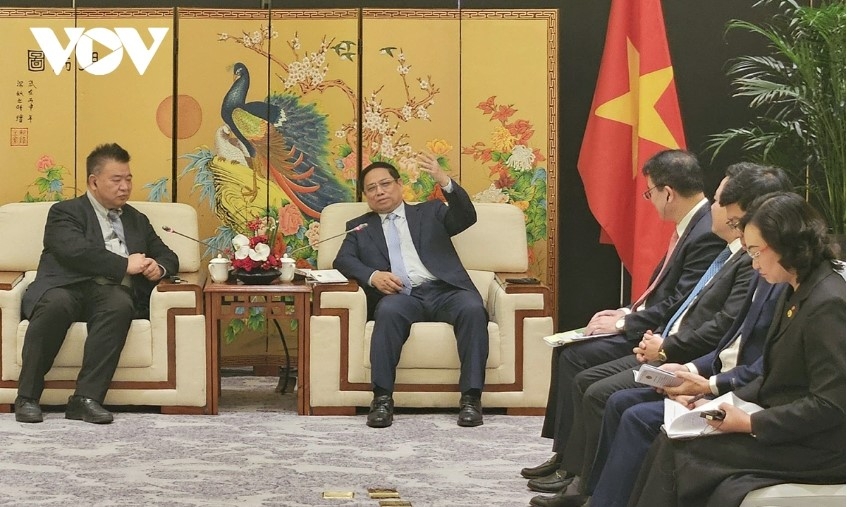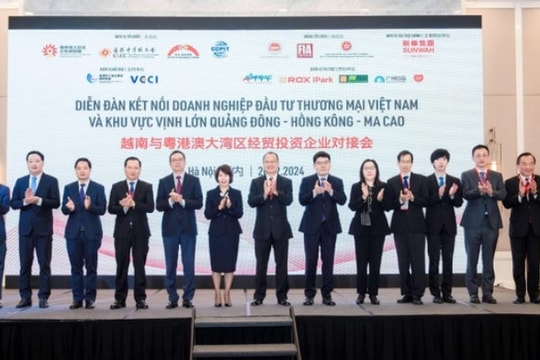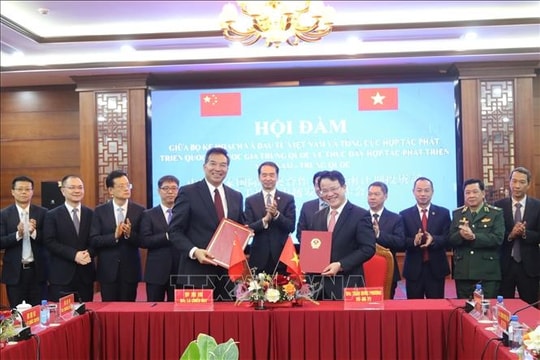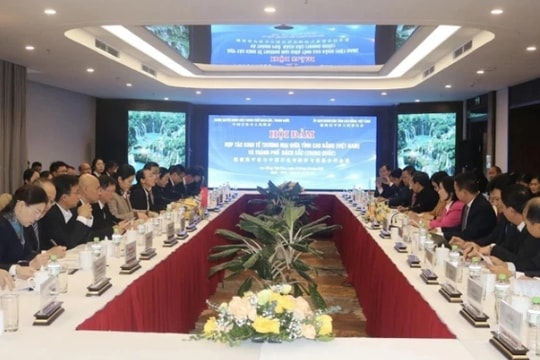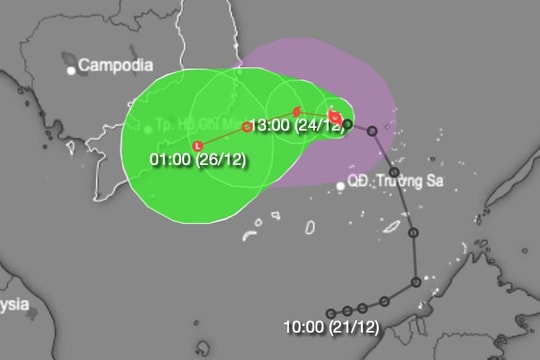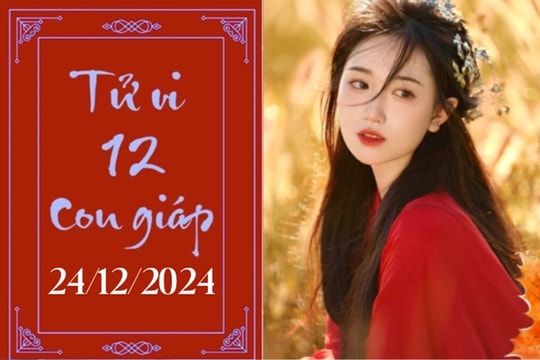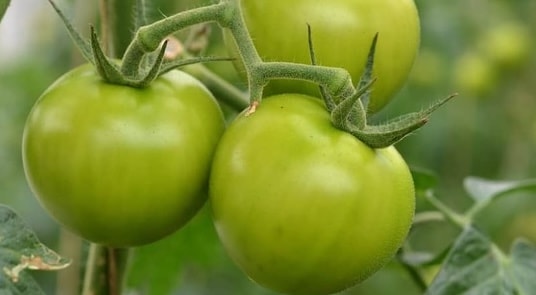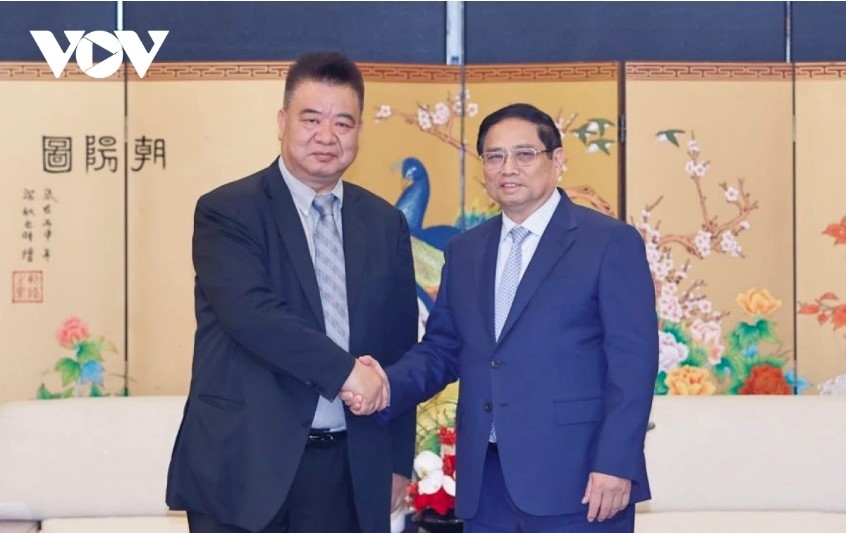
At the meeting, Cao Ronggenao, chairman of the KIFA, said that he had visited Vietnam twice and saw great potential for the development of the modern flower industry with a suitable climate. Vietnam and Yunnan therefore enjoy an open and highly effective co-operation space, he said, while proposing ties in varieties, cultivation, flower consumption, and the development of flower trading floors to supply the international market. This is along with mutual support, the formation of supply chains, as well as ecosystems for the development of the flower and ornamental plant industry. He also expressed a desire to work with Vietnamese localities, enterprises and research institutions to get rich from flowers.
PM Chinh congratulated and highly appreciated the effective investment and business co-operation activities that KIFA has achieved in recent times. He also welcomed and encouraged KIFA to expand investment in high-tech agricultural fields, especially flowers and ornamental plants, which are also fields in which the nation is encouraging and calling for greater investment attraction.
Vietnam in general and its northern region in particular boast many advantages to develop ornamental flowers, PM Chinh said, adding that the land and climate are suitable for many types of flowers and high-quality flower varieties. Along with that, Vietnam has great demand for a market of 100 million people with a rapidly growing middle class. Indeed, the more developed society is, the higher the demand for flowers, and the higher the quality requirements are, he emphasized.
The Vietnamese cabinet leader suggested that KIFA proactively co-operate and propose specific projects to the Ministry of Agriculture and Rural Development, the Ministry of Industry and Trade, and relevant localities in order to implement support and co-operation programmes with farmers, whilst building a win-win co-operative relationship.
PM Chinh agreed with the opinion of the KIFA chairman on ties in varieties, the planning of growing areas, production, processing, and trading, all of which will contribute to the development of the flower market and will form a flower trading floor to serve the domestic market and global exports.
The KIFA has more than 2,000 types of fresh flowers with more than 40 varieties through auctions to major cities in China and exports to over 40 countries and regions globally such as Thailand, Japan, Singapore, Hong Kong (China), Russia, and Australia.
After more than 20 years of development, the auction transaction scale of the centre is currently the largest in Asia and second in the world, boasting the world's number one flower output.
KIFA has been recognized as one of the national leading key enterprises in agricultural industrialization and a model enterprise in the application and innovation of the leading supply chain.
It is also viewed as a national agricultural and rural informatisation model base whilst being a key innovation project of the Ministry of Commerce of China.



